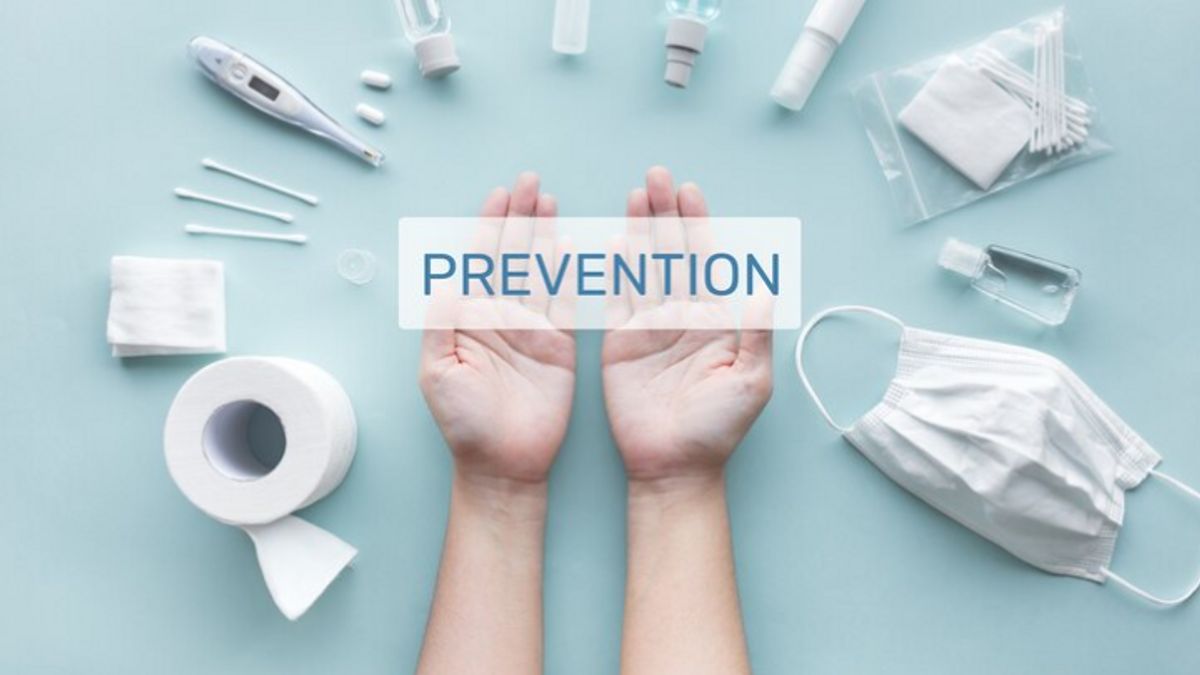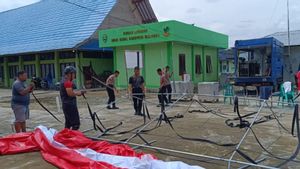YOGYAKARTA - Prevention and control of infection are important aspects in maintaining the health of individuals and the community. Infections can occur when microorganisms such as bacteria, viruses, or fungi enter the body and cause disease.
If infection is not prevented and treated, it can have a worse impact on health. Therefore, preventive and control measures for infection need to be applied in a disciplined manner in daily life, both in the home environment, school, workplace, and health facilities.
Infections can spread rapidly through direct contact, air, food, or contaminated objects. If not treated, infection could develop into an epidemic that threatens public health.
Therefore, efforts to prevent and control infections aim to:
The following are ways to prevent infections that need to be understood and applied by individual individuals to prevent the health of themselves and the surrounding environment:
Washing hands is the simplest but most effective step to prevent infection. Use soap and running water, especially after using toilets, before and after eating, and after touching objects or surfaces that are often used by many people.
Masks help prevent disease transmission through droplets that come out when coughing or sneezing. Use a mask especially when in crowded places or when sick.
Decontamination of medical devices is an important step in preventing and controlling infections, especially in health facilities. This process includes three major stages, namely cleaning, disinfection, and sterilization.
Cleaning is done first to remove impurities, blood, or body fluids from the surface of the device using soap or special detergents and clean water. After that, disinfection is carried out using chemicals such as alcohol or chlorine solutions to kill most microorganisms that can cause infection.
Clean the surface of objects that are often touched, such as tables, door handles, and electronic devices. Make sure the house has good ventilation for air circulation.
Consumption of nutritious food to strengthen the immune system. Get enough sleep and avoid excessive stress. Exercise regularly to maintain body fitness.
Avoid direct contact with individuals who have symptoms of infection such as fever, cough, or runny nose. If contact is unavoidable, use additional protection such as masks and gloves.
Dispose of medical waste such as tissue, used masks, or bandages properly to prevent environmental contamination.
Prevention and control of infection need to be applied in special environments, such as hospitals or health facilities, workplaces, and in schools. The following are infection control strategies that can be carried out:
Health staff are required to wash their hands before and after contact with the patient. In addition, medical devices must be sterilized before being used for other patients. Meanwhile, patients with infectious diseases are placed in isolation rooms to prevent the spread of infection.
Make sure the workplace always provides hand sanitizers. Apply a work from home policy if an employee is sick.
SEE ALSO:
Teach children the importance of washing hands. Do regular disinfection of classrooms. Education staff must also monitor students' health regularly.
Such are preventive and control measures for infection that can be applied from individuals to special environments. Prevention and control of infection requires the cooperation of all parties, from individuals to the community. Also read diseases that need to be watched out for in the rainy season.
Stay up to date with the latest domestic and other overseas news on VOI. We present the latest and updated information nationally and internationally.
The English, Chinese, Japanese, Arabic, and French versions are automatically generated by the AI. So there may still be inaccuracies in translating, please always see Indonesian as our main language. (system supported by DigitalSiber.id)
















